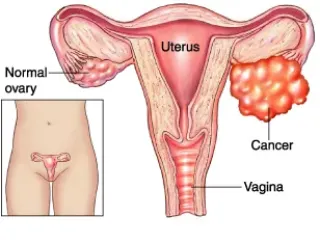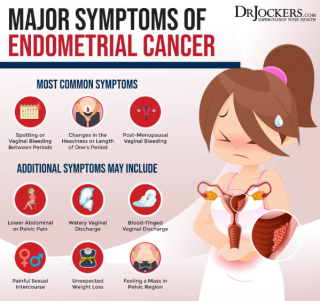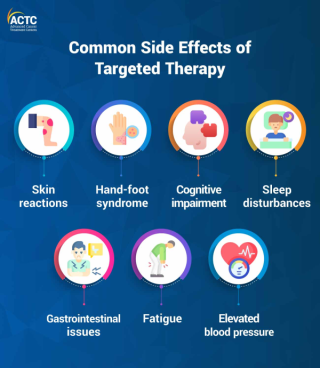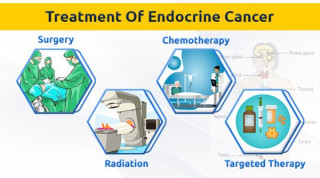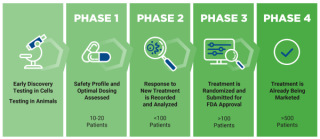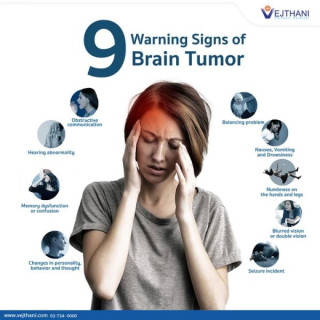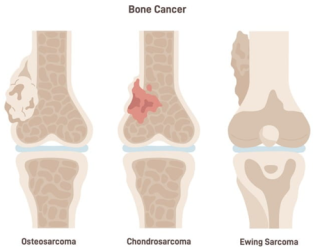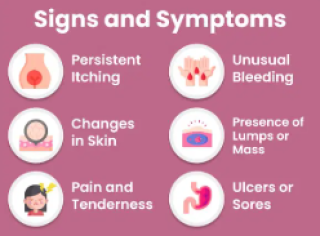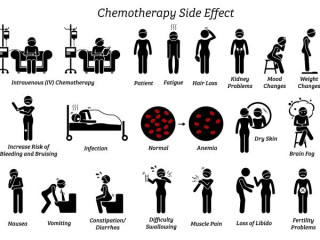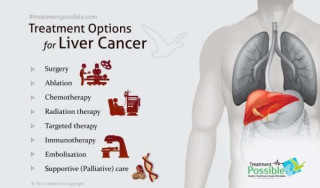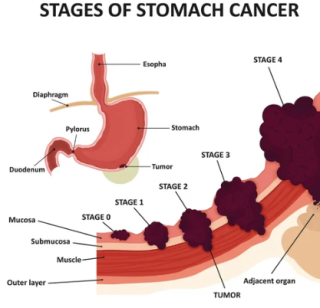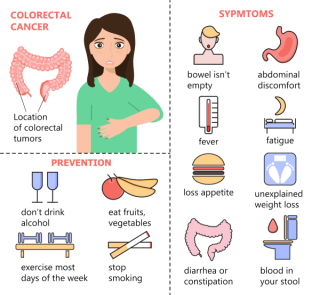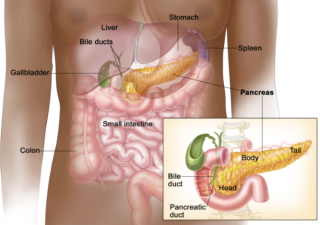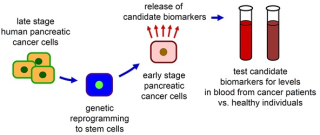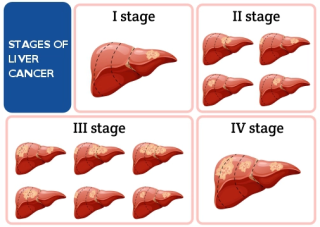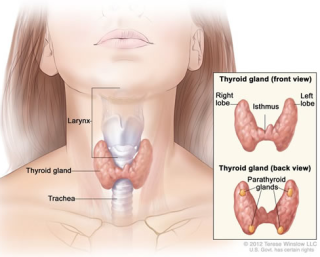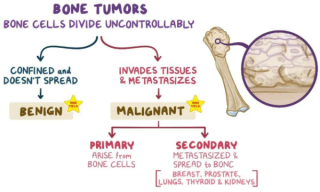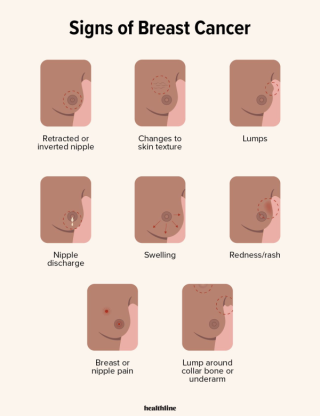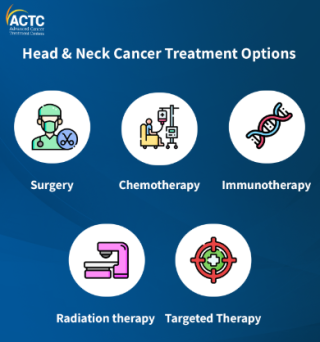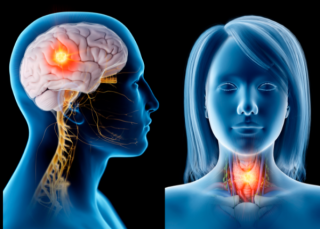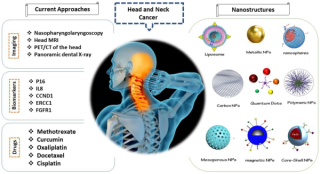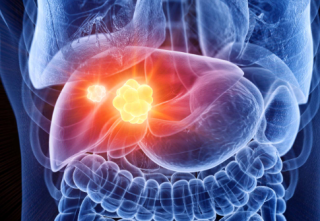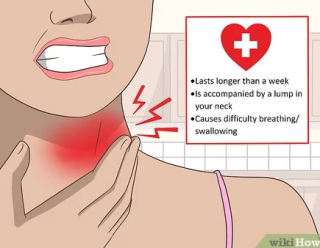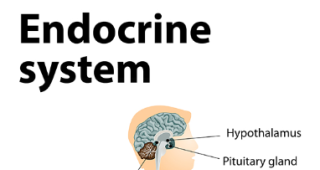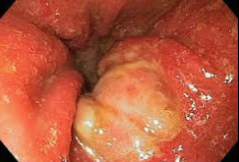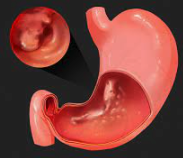Who should take Biological Therapy?created at May 19, 2009 1,868 1,868 Biological therapy, |
Radiation Therapy Side Effects of Vulvar Cancerupdated at Nov 09, 2025 1,507 1,507 Understanding Side EffectsRadiation therapy is a common treatment for vulvar cancer, |
What is ovarian cancer?created at May 05, 2009 1,347 1,347 Ovarian cancer is a type of cancer that begins in the ovaries, |
What should you ask your physician about endometrial cancer?updated at Nov 22, 2025 1,712 1,712 Talking to Your Doctor About Endometrial Cancer: Questions to AskNavigating an endometrial cancer diagnosis requires open and thorough communication with your physician.Asking the right questions can empower you to make informed decisions about your treatm... |
Can endometrial cancer be found early?created at May 05, 2009 1,271 1,271 Early detection of endometrial cancer is possible, |
What are the Side Effects of Treatment for Colorectal Cancer?updated at Nov 08, 2025 1,491 1,491 Side effects from colorectal cancer treatment are highly variable, |
What should I ask my doctor when diagnosed with endocrine cancer?created at May 04, 2009 1,306 1,306 Diagnosing endocrine cancer involves a combination of methods, |
What are the treatment options for endocrine cancer?created at May 04, 2009 1,241 1,241 Treatment for endocrine cancers depends on the specific type, |
How do you diagnose endocrine cancer?created at May 04, 2009 1,257 1,257 Diagnosing endocrine cancer typically involves a combination of physical examination, |
Essential Questions to Ask Your Doctor About Brain Cancer Treatmentcreated at May 04, 2009 1,267 1,267 Navigating a diagnosis of brain cancer can be overwhelming, |
Clinical trials for Brain Cancercreated at May 04, 2009 1,260 1,260 Clinical trials for brain cancer are research studies that test new treatments, |
What is brain cancer?created at May 03, 2009 1,250 1,250 Brain cancer is a disease in which malignant (cancerous) cells form in the tissues of the brain.It encompasses a wide variety of tumors, |
What are the symptoms of bone cancer?created at May 03, 2009 1,247 1,247 Bone cancer symptoms vary depending on the location and type of cancer, |
Tobacco as risk factors for vulvar cancercreated at May 05, 2009 1,276 1,276 While not a direct cause, |
Understanding Vulvar Cancer Diagnosis: What to Expectcreated at May 05, 2009 1,332 1,332 Vulvar cancer is diagnosed through a combination of methods, |
Balancing Act: Understanding the Side Effects of Biological Therapy in Stomach Cancer Treatmentcreated at May 04, 2009 1,278 1,278 Biological therapy for stomach cancer, |
The Silent Threat: Arsenic and its Link to Liver Cancercreated at May 04, 2009 1,291 1,291 Arsenic, |
Treatment for Liver Cancer? What should I ask?created at May 04, 2009 1,236 1,236 When discussing liver cancer treatment options with a healthcare professional, |
The basic information for Stomach cancercreated at May 03, 2009 1,386 1,386 Stomach cancer, |
What are the symptoms of colorectal cancer?created at May 04, 2009 1,376 1,376 Colorectal cancer symptoms often develop gradually and can be subtle at first, |
How is bone cancer diagnosed?created at May 03, 2009 1,412 1,412 Bone cancer diagnosis begins with a thorough medical history and physical examination, |
Demystifying Pancreatic Cancer: What You Need to Knowcreated at May 04, 2009 1,359 1,359 Pancreatic cancer is a serious disease characterized by uncontrolled growth of cells in the pancreas, |
Decoding the Diagnosis: How Doctors Detect Pancreatic Cancercreated at May 04, 2009 1,517 1,517 Detecting pancreatic cancer is challenging because it often presents with vague symptoms or none at all in its early stages.Diagnosis typically involves a combination of imaging tests, |
Demystifying Liver Cancer: Understanding the Basicscreated at May 04, 2009 1,328 1,328 Liver cancer, |
What should I ask my doctor when diagnosed with thyroid cancer?created at May 04, 2009 1,263 1,263 When diagnosed with thyroid cancer, |
Exploring Chemotherapy: A Powerful Weapon Against Cancercreated at May 04, 2009 1,357 1,357 Chemotherapy, |
Demystifying Bone Tumors: Understanding Benign and Malignant Varietiescreated at May 03, 2009 1,338 1,338 Bone tumors are growths that develop in bone tissue, |
Recognizing the Red Flags: Warning Signs for Breast Cancercreated at May 03, 2009 1,403 1,403 Warning signs of breast cancer can include a new lump or thickening in the breast or underarm, |
Exploring Treatment Options Beyond Surgery for Head and Neck Cancerscreated at May 09, 2009 1,288 1,288 Treatment options for head and neck cancers beyond surgery include radiation therapy, |
Navigating Life After Head and Neck Cancer Treatment: Practical Advice and Supportcreated at May 09, 2009 1,293 1,293 Life after head and neck cancer treatment involves a multifaceted recovery process focusing on physical rehabilitation, |
How will a physician make a diagnosis of head and neck cancer?created at May 09, 2009 1,229 1,229 Diagnosis of head and neck cancer typically begins with a thorough medical history and physical examination, |
Unveiling the Elusive Symptoms of Pancreatic Cancercreated at May 04, 2009 1,302 1,302 Pancreatic cancer, |
Navigating Life with Liver Cancer: Adjusting to a New Normalcreated at May 04, 2009 1,329 1,329 Adjusting to a diagnosis of liver cancer can be a daunting journey, |
Decoding Thyroid Cancer: Recognizing the Signs and Symptomscreated at May 04, 2009 1,453 1,453 Thyroid cancer, |
Navigating the Side Effects of Pancreatic Cancer Treatmentcreated at May 04, 2009 1,257 1,257 Pancreatic cancer treatment is often a challenging journey, |
Understanding the Symptoms of Endocrine Cancer: A Comprehensive Guidecreated at May 04, 2009 1,416 1,416 Endocrine cancer manifests in various glands throughout the body, |
Understanding Vulvar Cancer Symptoms: When to Seek Medical Attentioncreated at May 05, 2009 1,461 1,461 Vulvar cancer, |
Navigating the Side Effects of Ovarian Cancer Surgery: A Guide to Recoverycreated at May 05, 2009 1,504 1,504 Surgery stands as a vital pillar in the battle against ovarian cancer, |
Listening to Your Body: Understanding the Symptoms of Cervical Cancercreated at May 04, 2009 1,394 1,394 Cervical cancer often begins as precancerous changes that quietly develop without causing pain or noticeable symptoms. In fact, |
Radiant Resilience: Navigating the Side Effects of Radiation Therapy in Stomach Cancer Treatmentcreated at May 04, 2009 1,344 1,344 In the battle against stomach cancer, |
Understanding Chemotherapy Side Effects in Stomach Cancer Treatmentcreated at May 04, 2009 1,389 1,389 Chemotherapy, |
Navigating Change: Understanding the Side Effects of Gastrectomy in Stomach Cancer Treatmentcreated at May 04, 2009 1,314 1,314 Gastrectomy, |
Navigating the Path to Healing: Treatment Options for Stomach Cancercreated at May 04, 2009 1,467 1,467 When it comes to addressing stomach cancer, |
Deciphering the Diagnosis: How Will My Doctor Detect Stomach Cancer?created at May 04, 2009 1,329 1,329 When it comes to identifying stomach cancer, |
Decoding the Signs: Recognizing Symptoms of Stomach Cancercreated at May 04, 2009 1,509 1,509 Identifying potential symptoms of stomach cancer is crucial for early detection and prompt medical intervention. While these signs may indicate the presence of stomach cancer, |
Understanding Vulvar Cancer - A Rare But Important Concern for Womencreated at May 05, 2009 1,441 1,441 Vulvar cancer, |
Understanding Age as a Risk Factor for Vulvar Cancerupdated at Nov 09, 2025 1,278 1,278 Age is a critical factor in assessing the risk of developing vulvar cancer.Data consistently shows a strong relationship between age and the likelihood of a vulvar cancer diagnosis. Age and Vulvar Cancer IncidenceApproximately three-quarters of women diagn... |
Understanding the Potential Side Effects of Vulvar Cancer Treatmentcreated at May 05, 2009 1,286 1,286 Facing a diagnosis of vulvar cancer can be overwhelming, |
